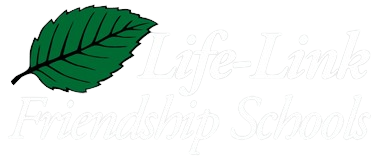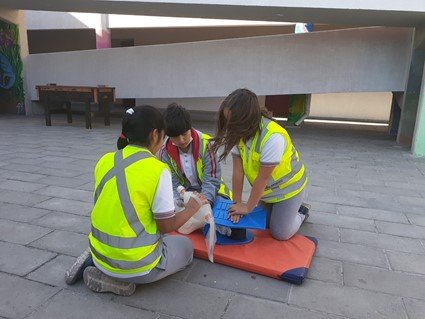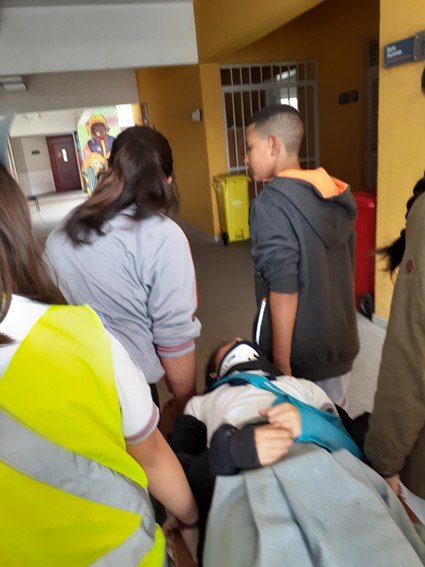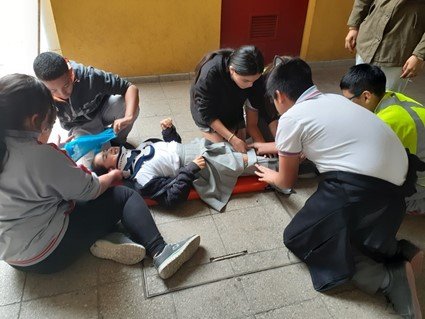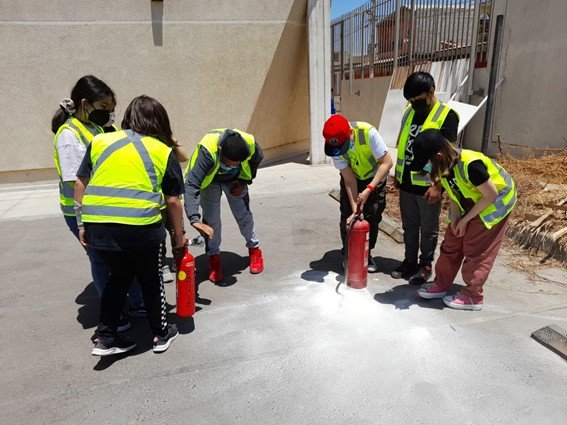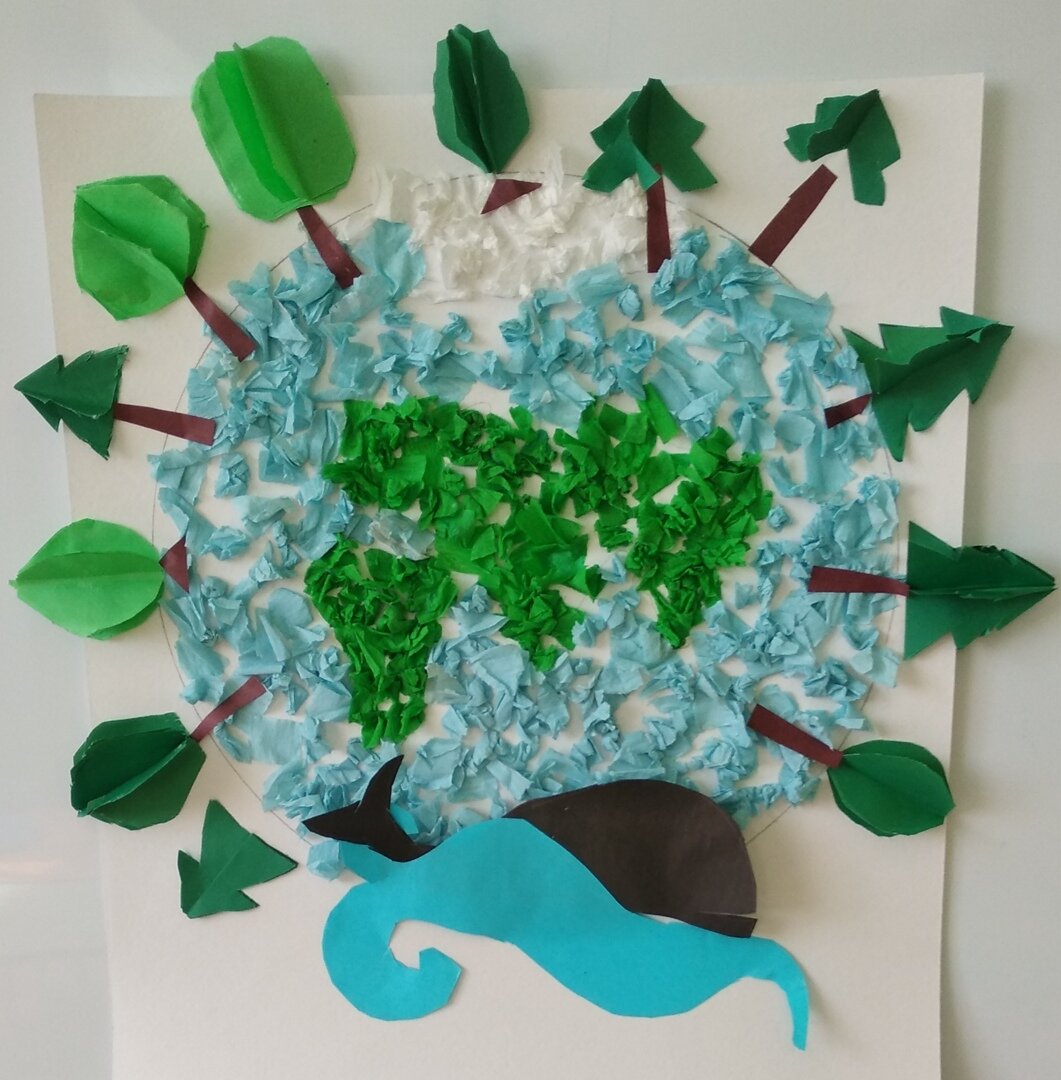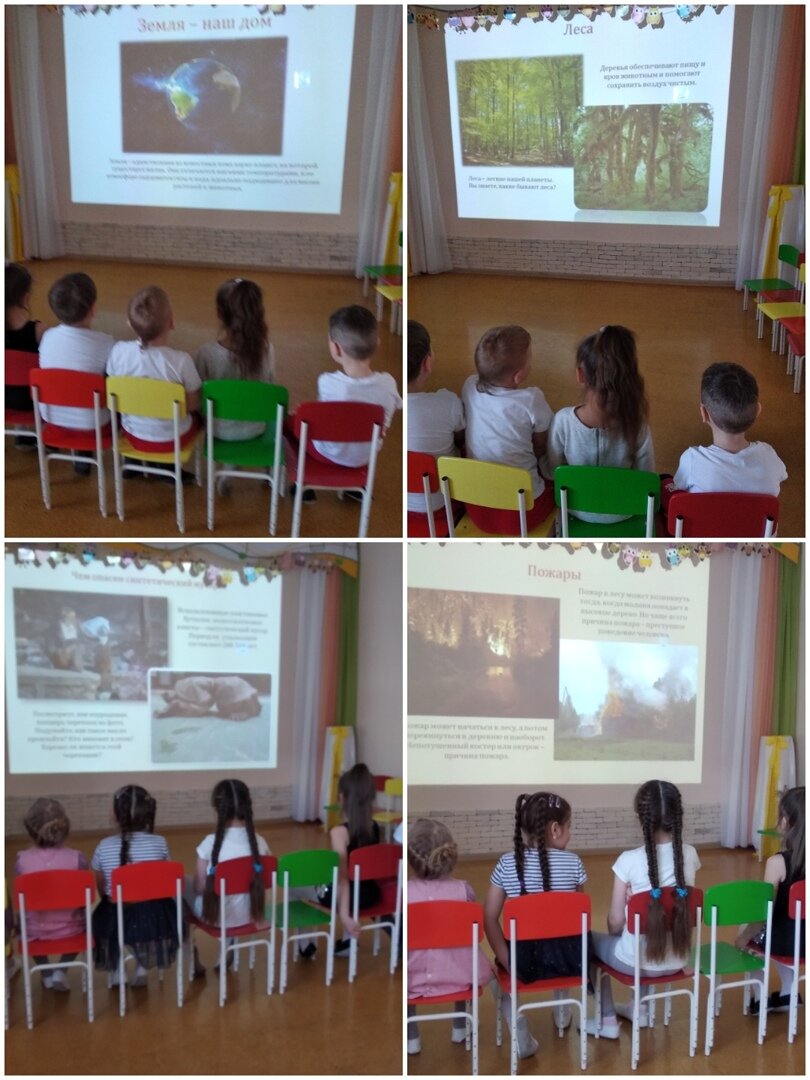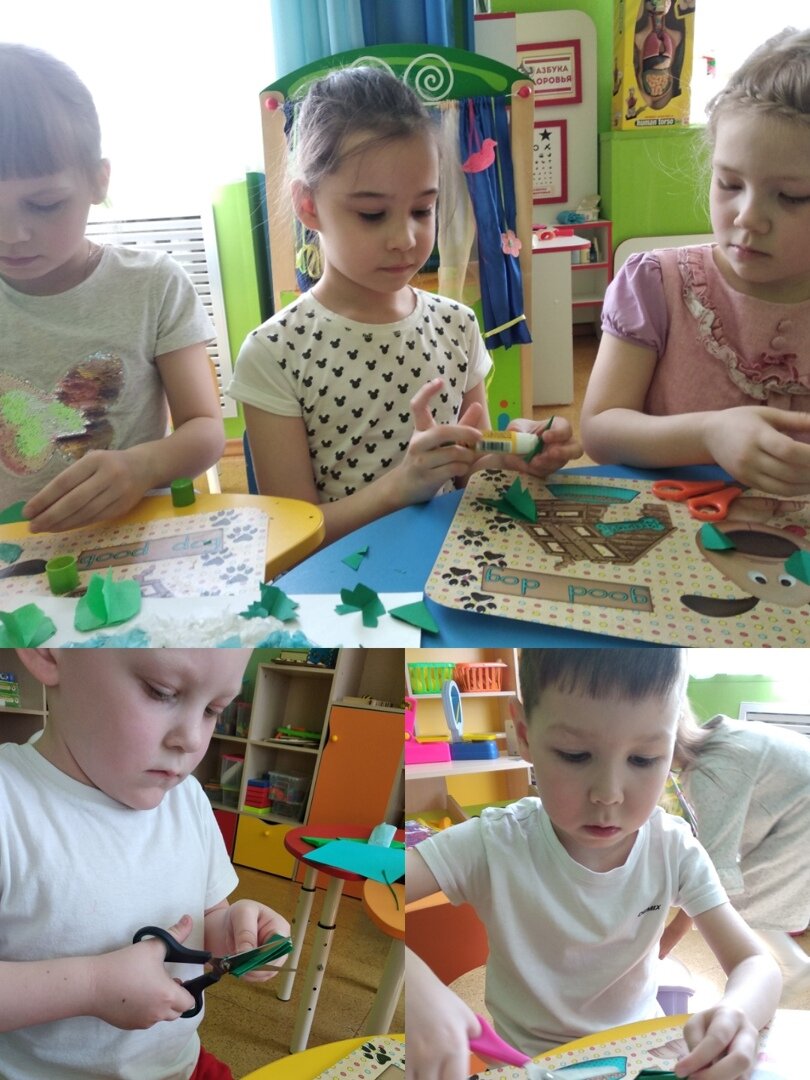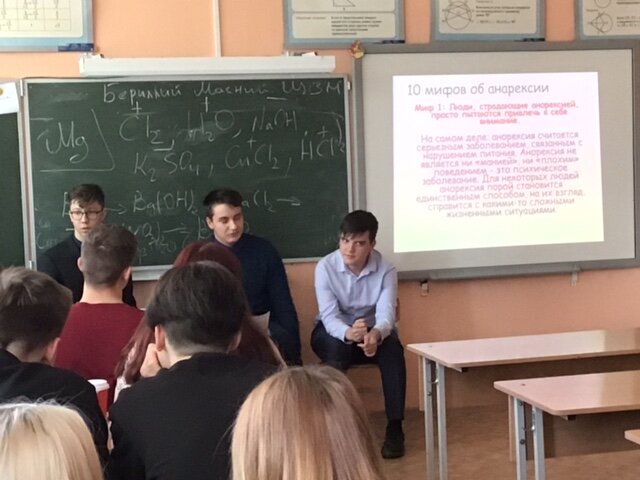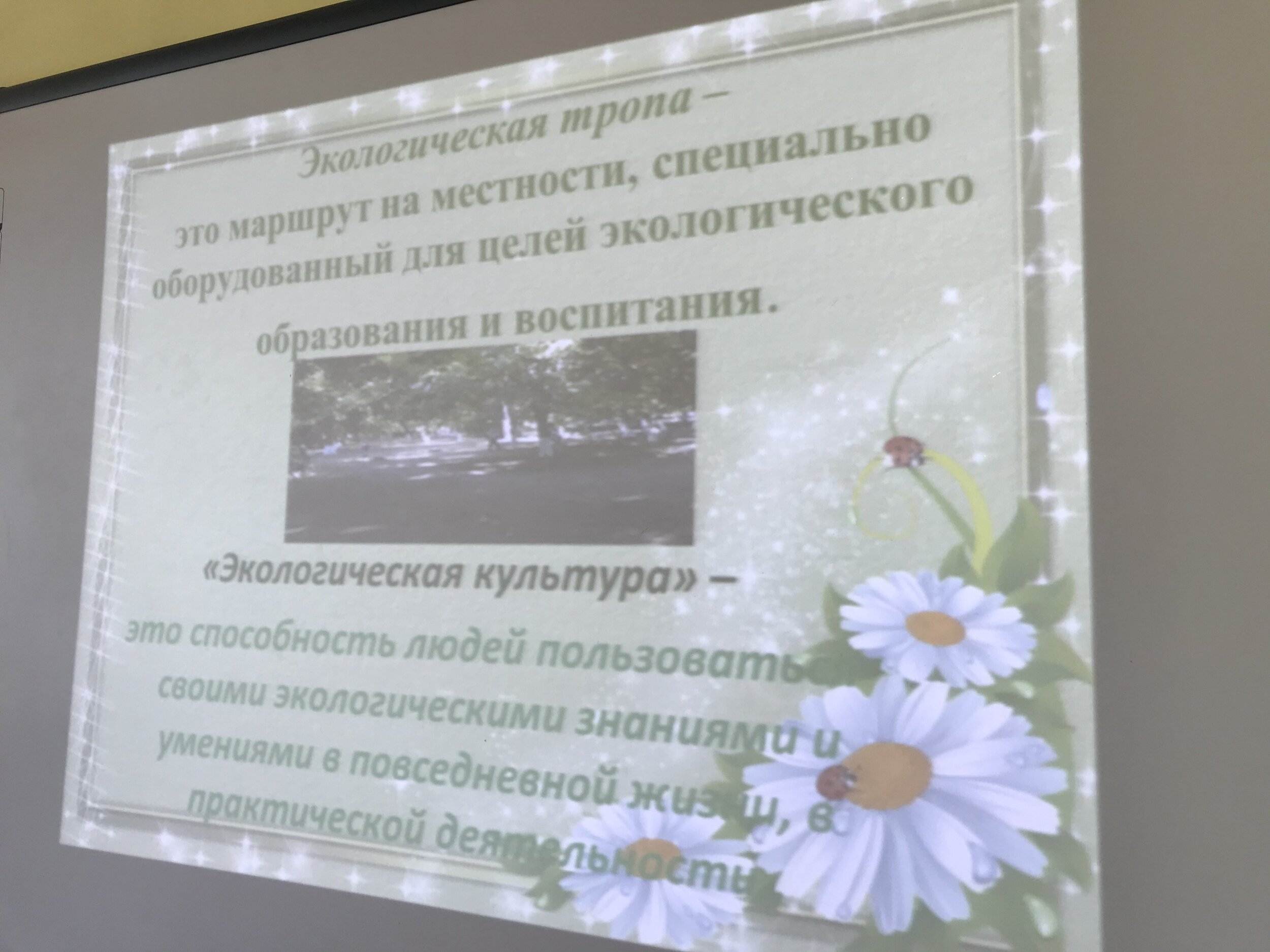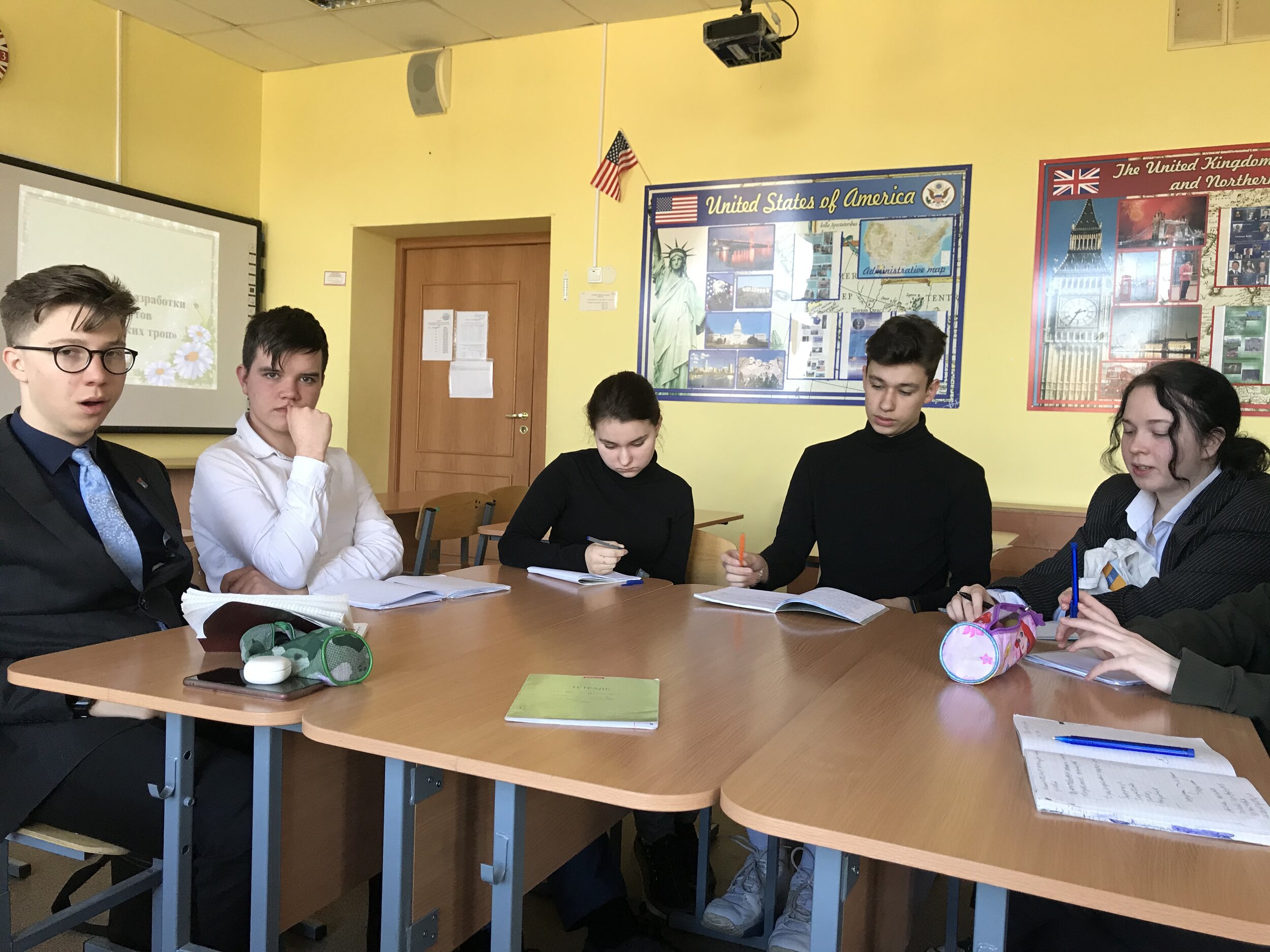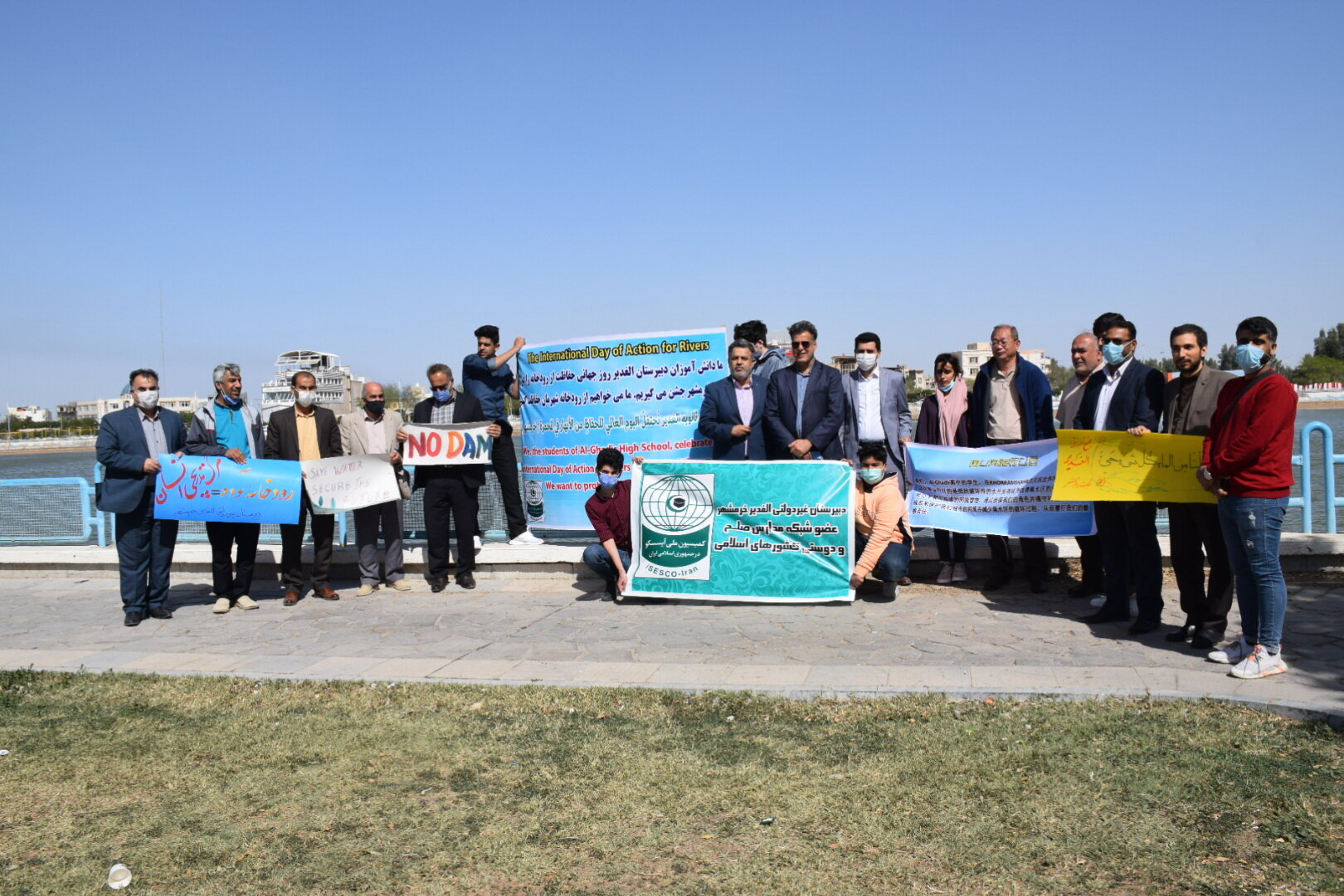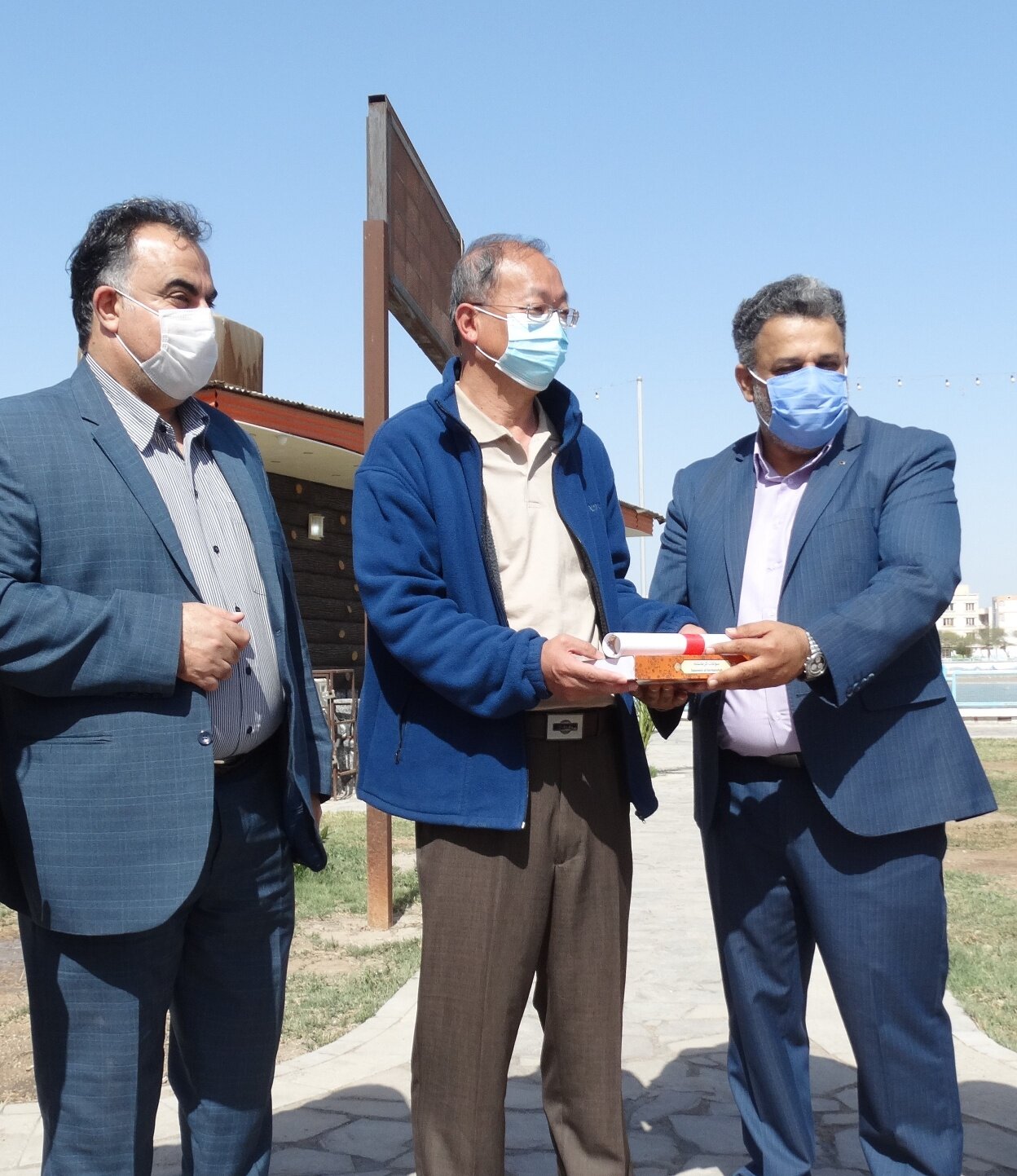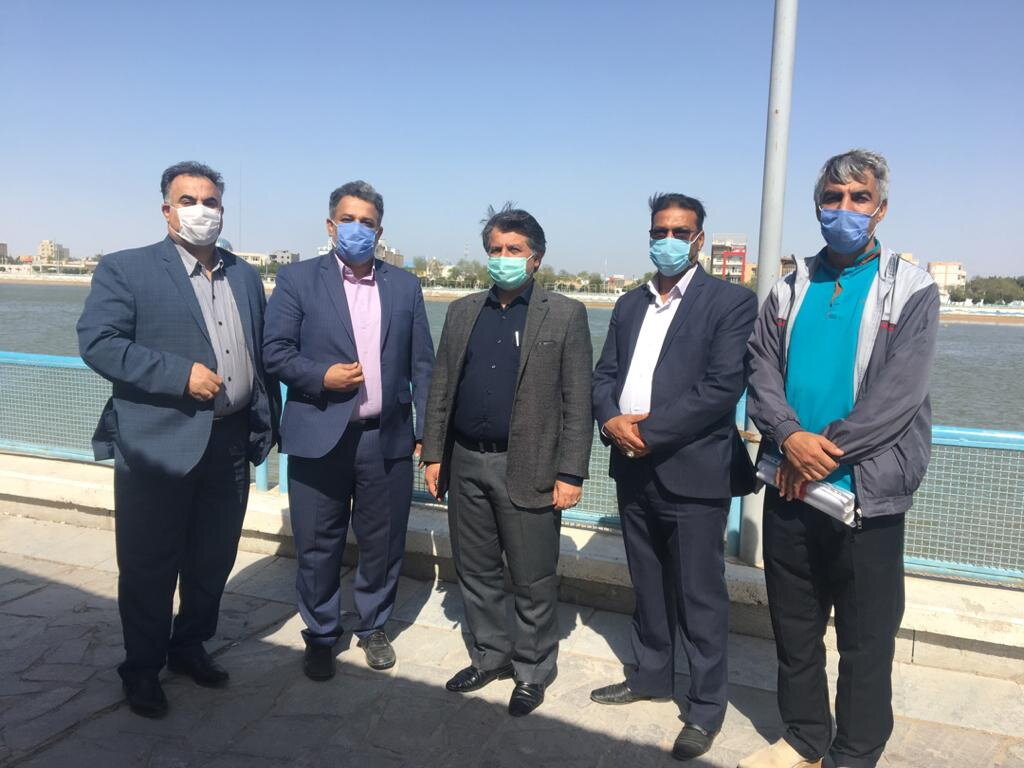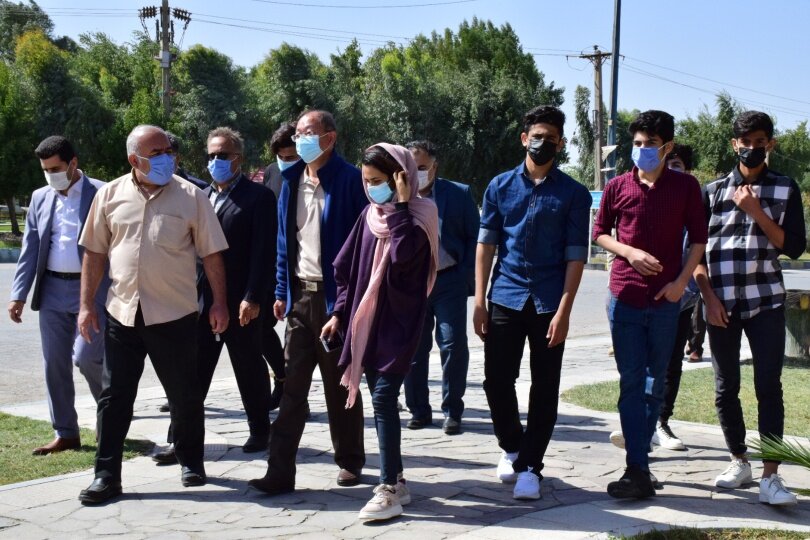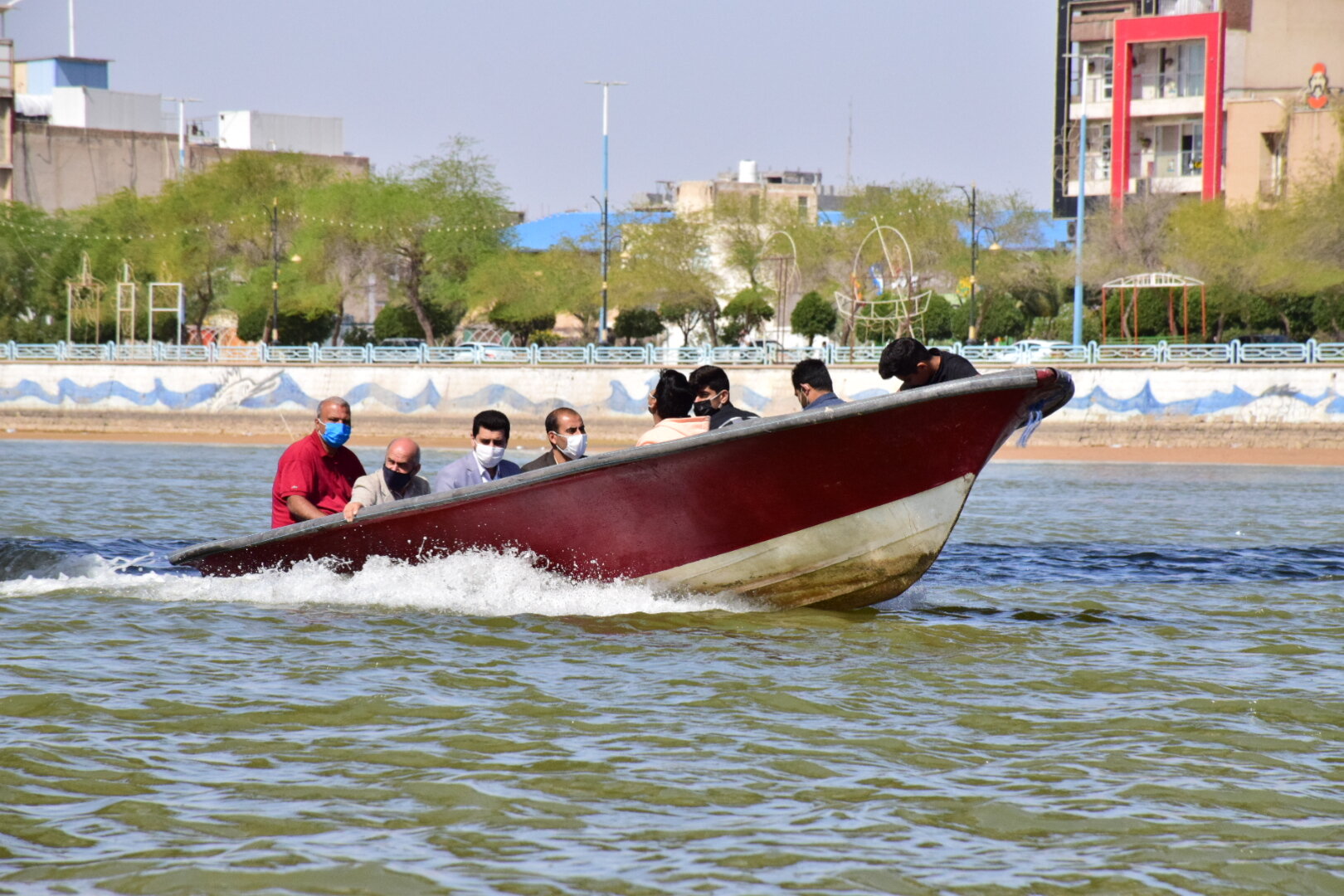Liceo Artistico
The teacher Roberto Parra, invited some profesionals who prepares a group of students, a TEAM of 15, who made up a First Aid team (see photos) because Arica is a city that has had river overflows, due to changes in the climate and because it is a seismic city. In this city earthquakes of great magnitude have occurred.
Students learn to use fire extinguishers to put out fires, to transport people on stretchers, and to know how to call firefighters, ambulances, police officers and to maintain order at schools and carried out first aid in case of accidents, including what bandages to use, and how to carry them on stretchers, as well as what to do with those who lack oxygen at that moment
The team works on a special schedule every day in the afternoons in such a way that the management of the Lyceum provides the tools and space, respecting the Pandemic regulations.
Coordinator Gladys Hernández
